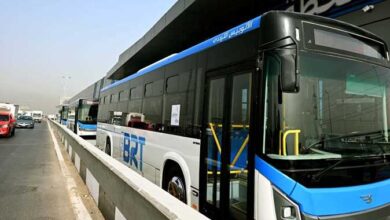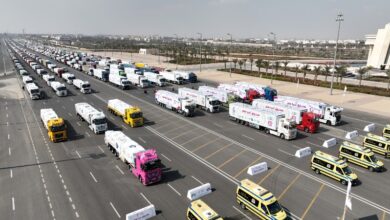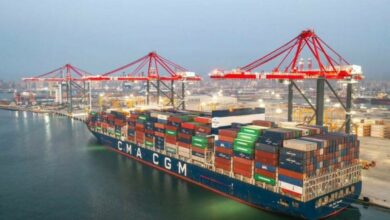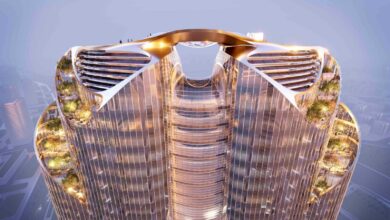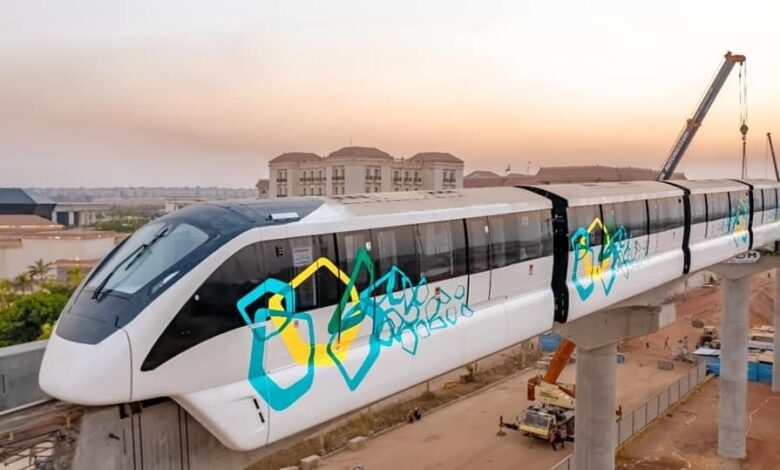
The Egyptian Transport Ministry on Saturday refuted claims on some websites stating that the ministry is cooperating with businessmen to name monorail stations after them in return for bearing the construction costs.
In a statement, the ministry explained that as part of its plan to construct and advertise these stations, it has contracted companies, universities, institutions and banks to name the stations after them and not after the businessmen who own these companies or institutions.
Several stations will be named some national figures, such as Field Marshal Mohamed Tantawy and Counselor Hisham Barakat, in honor of their great patriotic deeds.
The ministry implored all media sources to accurately check the veracity of any news they share regarding ministry matters, and to obtain their information from official sources.
Egypt installs first monorail in East Nile
The Transport Ministry installed the the first monorail at the East Nile track in front of the Al-Massa Hotel at the Arts City station at the New Administrative Capital in October.
The ministry said that this project is a modern green form of transportation, with two out of 40 total trains that will be supplied to the East Nile monorail project having arrived so far.
The monorail train consists of four coaches, with plans to increase the number to eight to accommodate rising population density in the new urban areas.
The monorail will help facilitate the movement of employees and visitors from Cairo and Giza to New Cairo and the Administrative Capital, in order to integrate it with the third metro line at the stadium station in Nasr City and with the electric train at the Arts City station in the New Administrative Capital.
The US$4.5 billion monorail project is the first of its kind in Egypt and includes two lines: a 43 km-long rail set to extend from 6th of October City to Giza, and another rail connecting Cairo’s New Administrative Capital to Nasr City at a length of 54 km.
The Transport Ministry says that this type of transportation is fast, modern, safe and environmentally friendly, saves fuel consumption, reduces environmental pollution rates, relieves traffic jams on main axes and streets, and attracts passengers to use them instead of private cars.

